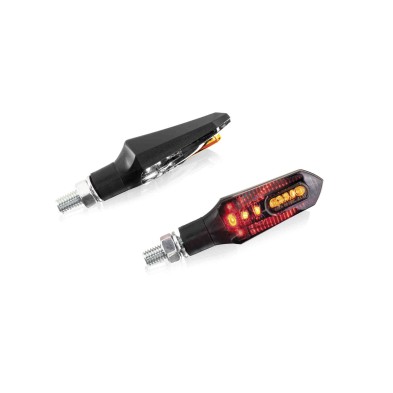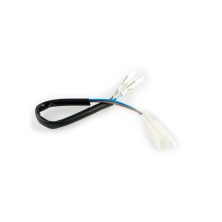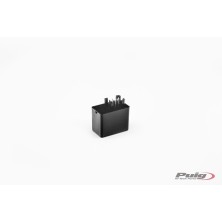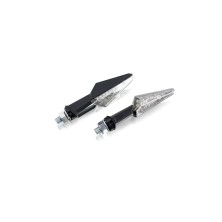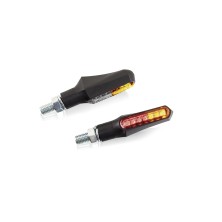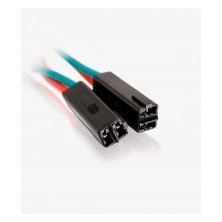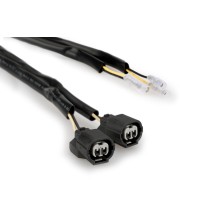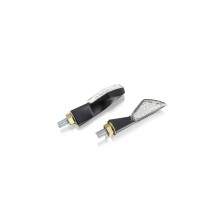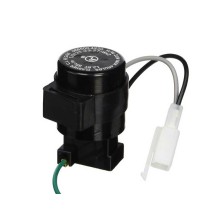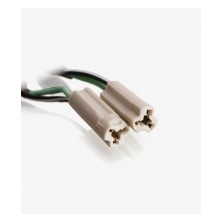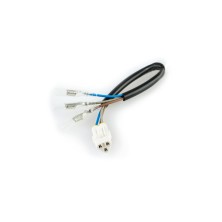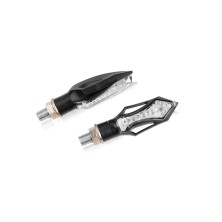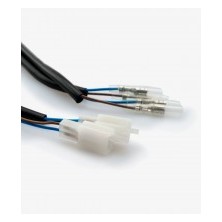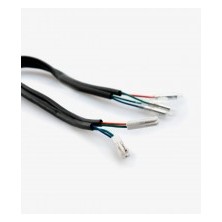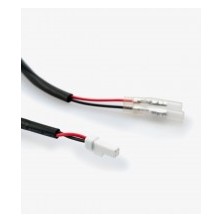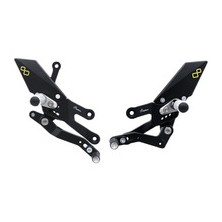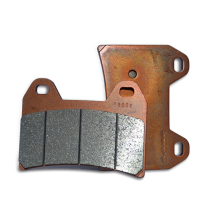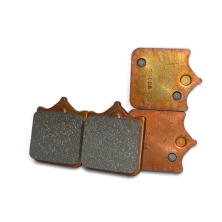- On sale!
PUIG STICK FRONT INDICATORS 9317N
Recibe este producto sin gastos de envío
PUIG STICK FRONT INDICATORS 9317N
Make yourself visible to other drivers with the Puig Stick indicator set.
Approved
Front set with black smoked glass LEDs 48 x 20mm. (LxW)
M8 thread
POSITION + INTERMITTENT.
THE INTERMITTENT IS APPROVED, NOT THE BRAKING OR POSITION SIGNAL
REF.9317 N
Approved
Rear set with black smoked glass LEDs 48 x 20mm. (LxW)
M8 thread
POSITION + STOP + INTERMITTENT.
THE INTERMITTENT IS APPROVED, NOT THE BRAKING OR POSITION SIGNAL
REF.9555 N
PUIG STICK FRONT INDICATORS 9317N
Make yourself visible to other drivers with the Puig Stick indicator set.
Approved
Front set with black smoked glass LEDs 48 x 20mm. (LxW)
M8 thread
POSITION + INTERMITTENT.
THE INTERMITTENT IS APPROVED, NOT THE BRAKING OR POSITION SIGNAL
REF.9317 N
Approved
Rear set with black smoked glass LEDs 48 x 20mm. (LxW)
M8 thread
POSITION + STOP + INTERMITTENT.
THE INTERMITTENT IS APPROVED, NOT THE BRAKING OR POSITION SIGNAL
REF.9555 N
Approved LED indicators, with black housing and smoked glass. Available in two different types:
Reference for front (9317N) with position and flashing function (48x20mm) and rear reference (9555N) with position, stop and flashing function (48x20mm).
Technical Information Connection of Flashers:
Most motorcycles use bimetallic relays. Their frequency (which is what sets the flashing rhythm) depends on the amperage that circulates through the circuit. When replacing the original flashers with others of different power, we vary the amperage that circulates through the circuit and consequently we vary the flashing frequency of the flashers. If, on the other hand, the motorcycle uses electronic relays (whose frequency is independent of the amperage that circulates through the circuit) the change of flashers should not affect the flashing frequency.
· Note: if you are unsure which relay your motorcycle uses, it is advisable to mount the flashers and check the flashing frequency.
If we replace the original indicators with others that also use incandescent bulbs, we must check that they have the same wattage. If this varies, we must replace the indicator bulbs with others of the same wattage as the originals. In our catalogue we have boxes of bulbs of different wattages.
If we replace the original indicators with LED ones (of a much lower wattage than incandescent bulbs), we have two options to balance the blinking frequency:
1. Incorporate a resistor in parallel in the circuit on the right side and another in the circuit on the left side. If we replace all four indicators, we must use resistor Ref. 4298O. If, on the other hand, we only replace two indicators (one on each side) we must use resistor Ref. 5873O.
A diagram for their parallel connection is supplied with the resistors.
· Note: in most models, the use of resistors prevents the warning from working correctly.
2. Identify the flasher relay on your motorcycle (location and number of pins) and replace it with the corresponding one from the list we provide. In most motorcycles, when you replace the relay, the warning light works correctly.
· Note: there are some motorcycles on the market that do not have a specific flasher relay, so it is impossible to replace it. Also, if more than one relay is involved in the flashing maneuver, replacing just one relay may not solve the problem.
· Note 2: some LED flashers flash faster than normal when connected to power (it is normal to check the polarity of the cables with the flashing function activated). To check the actual flashing frequency, remove all power by turning the key to the “off” position and then turn it to the “on” position to activate the flashing function.

